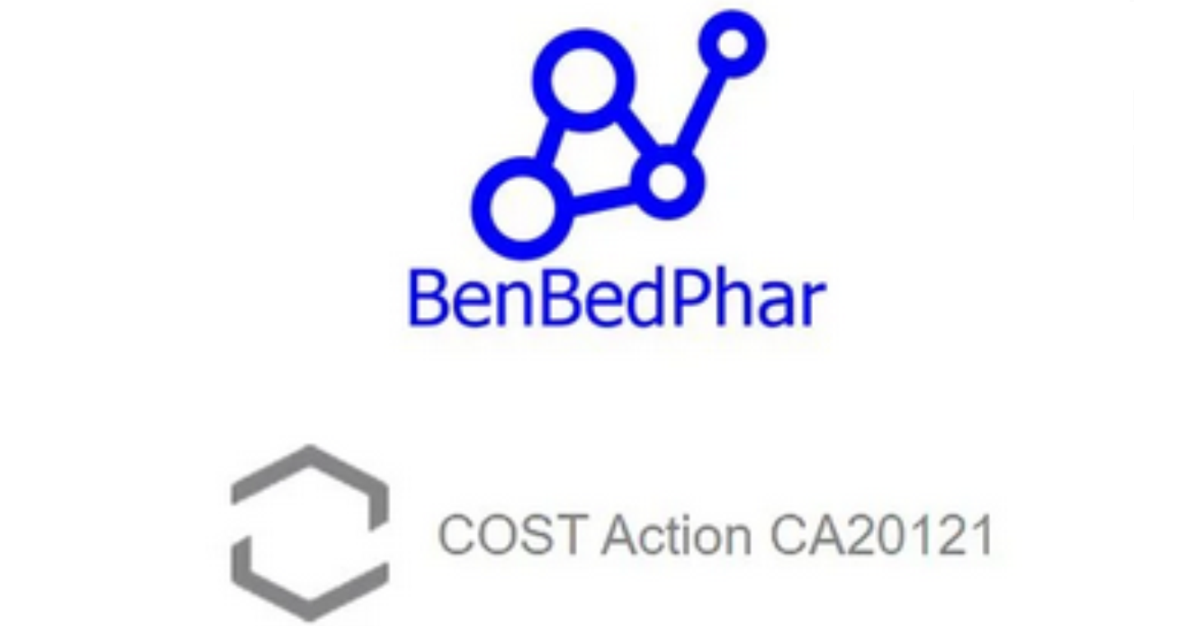Role of NRF2 Pathway in Neurodegenerative Diseases
A special issue of Antioxidants (ISSN 2076-3921). This special issue belongs to the section "Health Outcomes of Antioxidants and Oxidative Stress".
Deadline for manuscript submissions: 19 December 2024 | Viewed by 3731

Special Issue Editor
2. Department of Biochemistry, School of Medicine, Universidad Autónoma de Madrid, 28040 Madrid, Spain
3. Institute Teófilo Hernando for Drug Discovery, Universidad Autónoma de Madrid, 28029 Madrid, Spain
4. Centro de Investigación Biomédica en Red de Enfermedades Neurodegenerativas (CIBERNED), Instituto de Salud Carlos III, 28031 Madrid, Spain
Interests: neurodegenerative diseases; NRF2; oxidative stress; neuroinflammation; RNA-binding proteins; mitochondria
Special Issues, Collections and Topics in MDPI journals
Special Issue Information
Dear Colleagues,
Although the trigger of the neurodegenerative disease process is unknown, the relevance of aging stands out as a major risk for the development of neurodegeneration. With age, a multitude of changes occur at the molecular level, such as an increase in oxidative stress and a decrease in the antioxidant capacity of an organism, with the decrease in the levels of the transcription factor NRF2 being one of the main causes of this imbalance. This creates a favorable environment for the development of neurodegenerative diseases. Although each of these diseases has its own characteristics, they all share altered proteostasis, oxidative stress and neuroinflammation. In recent years, it has been described that the transcription factor NRF2 is involved in the modulation of all these processes, becoming a pleiotropic factor. Therefore, understanding the involvement of NRF2 in the different mechanisms associated with neurodegeneration may be of vital importance in establishing new therapeutic targets.
As Guest Editor, I invite you to contribute to this Special Issue, whose focus will be the role of NRF2 in neurodegenerative disorders.
We also invite researchers in the field and the participants of the COST Action CA20121, Bench to Bedside Transition for Pharmacological regulation of NRF2 in non-communicable diseases (BenBedPhar), to submit their latest research findings to this Special Issue. We look forward to reading your contributions.
Dr. Isabel Lastres-Becker
Guest Editor
Manuscript Submission Information
Manuscripts should be submitted online at www.mdpi.com by registering and logging in to this website. Once you are registered, click here to go to the submission form. Manuscripts can be submitted until the deadline. All submissions that pass pre-check are peer-reviewed. Accepted papers will be published continuously in the journal (as soon as accepted) and will be listed together on the special issue website. Research articles, review articles as well as short communications are invited. For planned papers, a title and short abstract (about 100 words) can be sent to the Editorial Office for announcement on this website.
Submitted manuscripts should not have been published previously, nor be under consideration for publication elsewhere (except conference proceedings papers). All manuscripts are thoroughly refereed through a single-blind peer-review process. A guide for authors and other relevant information for submission of manuscripts is available on the Instructions for Authors page. Antioxidants is an international peer-reviewed open access monthly journal published by MDPI.
Please visit the Instructions for Authors page before submitting a manuscript. The Article Processing Charge (APC) for publication in this open access journal is 2900 CHF (Swiss Francs). Submitted papers should be well formatted and use good English. Authors may use MDPI's English editing service prior to publication or during author revisions.
Keywords
- Alzheimer’s disease
- Down syndrome
- frontotemporal dementia
- Parkinson’s disease
- Huntington’s disease
- amyotrophic lateral sclerosis
- ischemia
- oxidative stress
- neuroinflammation
- proteostasis
- mitochondria
Benefits of Publishing in a Special Issue
- Ease of navigation: Grouping papers by topic helps scholars navigate broad scope journals more efficiently.
- Greater discoverability: Special Issues support the reach and impact of scientific research. Articles in Special Issues are more discoverable and cited more frequently.
- Expansion of research network: Special Issues facilitate connections among authors, fostering scientific collaborations.
- External promotion: Articles in Special Issues are often promoted through the journal's social media, increasing their visibility.
- e-Book format: Special Issues with more than 10 articles can be published as dedicated e-books, ensuring wide and rapid dissemination.
Further information on MDPI's Special Issue polices can be found here.






